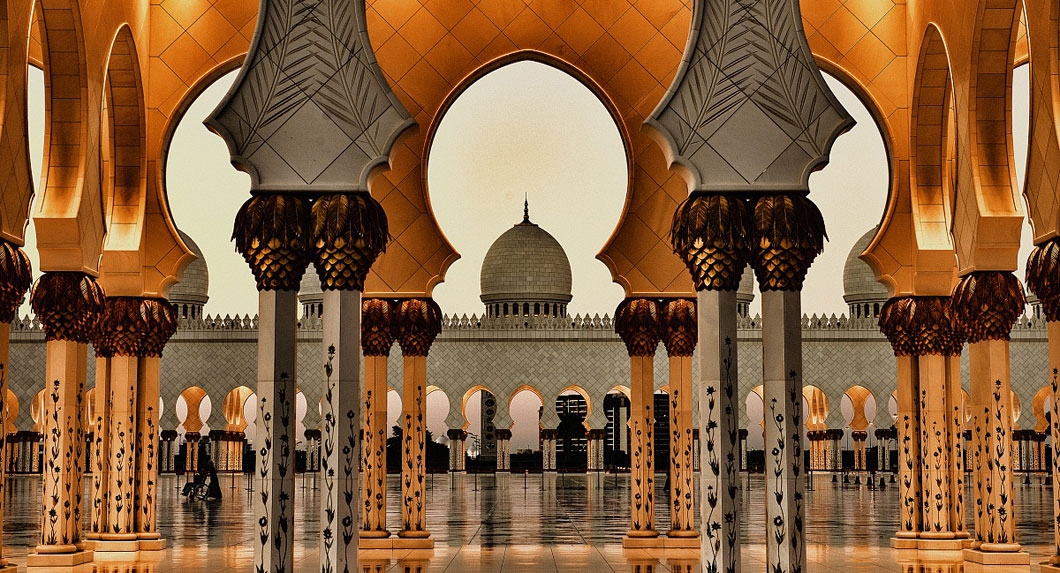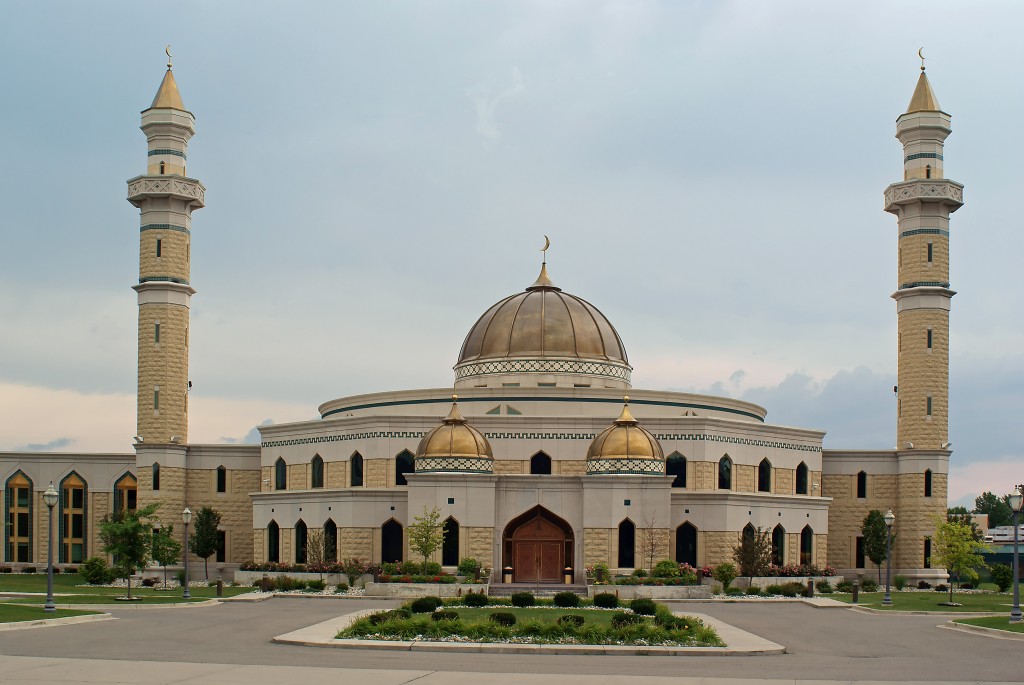
Islamic politicsis a complex and multifaceted topic that has been subject to much debate and discussion over the years. At its core, Islamic politics refers to the relationship between religion and governance in Muslim societies, and the ways in which Islamic principles and values shape political decision-making.
In this article, we will explore the key concepts and debates surrounding Islamic politics, including the relationship between Islam and democracy, the role of Islamic law in governance, and the impact of political Islam on regional and global politics.
Islam And Democracy
One of the most significant debates surrounding Islamic politics is the relationship between Islam and democracy. While some scholars argue that Islam is inherently compatible with democracy, others claim that the two are fundamentally incompatible.
Those who argue that Islam and democracy are compatible often point to examples such as the Indonesian and Turkish democracies, both of which have been able to successfully integrate Islamic principles into their political systems. However, critics argue that these examples are exceptions rather than the rule, and that many Muslim-majority countries have struggled to develop functional democratic systems.
Islamic Law And Governance
Another key aspect of Islamic politics is the role of Islamic law, or sharia, in governance. In many Muslim societies, sharia is seen as a comprehensive system of law that covers not only religious practices, but also social and political issues.
The implementation of sharia in governance can take many different forms, from the adoption of Islamic legal codes to the establishment of religious courts. However, the application of sharia in governance can be controversial, particularly in cases where it is seen as conflicting with modern legal and political norms.
Islamic Politics And Global Politics
Finally, political Islam has become an increasingly influential force in global politics in recent years. Political Islam refers to the use of Islamic principles and values to mobilize political support and promote political change.
This can take many different forms, from the establishment of Islamist political parties to the use of violence and terrorism to achieve political goals. While some argue that political Islamposes a threat to global security and stability, others point to the role of political Islam in promoting social justice and challenging authoritarian regimes.
Challenges And Opportunities In Islamic Politics
Islamic politics faces a number of challenges and opportunities in the contemporary world. One of the key challenges is the rise of Islamophobia, or anti-Muslim sentiment, in many parts of the world. This can make it difficult for Muslim politicians and activists to engage in politics, and can limit their ability to shape public discourse and policy.
At the same time, there are also many opportunities for Muslim politicians and activists to make a positive impact on their societies. For example, many Muslim-majority countries are facing significant economic and social challenges, such as high rates of poverty and unemployment. Muslim politicians and activists can use their religious and moral authority to advocate for policies that address these challenges and promote greater social justice.
The Future Of Islamic Politics
The future of Islamic politics is difficult to predict, as it will depend on a number of factors, including global trends, local contexts, and the actions of political actors. However, there are a few key trends that are likely to shape the future of Islamic politics in the years to come.
One of these trends is the growing influence of Islamist political parties in many Muslim-majority countries. These parties have already made significant gains in countries like Egypt, Tunisia, and Morocco, and are likely to continue to play an important role in shaping political discourse and policy.
Another trend is the rise of political Islam in non-Muslim-majority countries, particularly in Europe. This has led to debates about the role of Islam in European societies, and has also raised concerns about the potential for extremism and terrorism.
The Importance Of Dialogue And Collaboration
One of the key lessons that can be drawn from the study of Islamic politics is the importance of dialogue and collaboration between different groups and actors. In many Muslim societies, there are significant divides between secular and religious groups, as well as between different religious sects and denominations.
These divides can make it difficult to build consensus and make progress on important political and social issues. However, by engaging in open and honest dialogue, and by working together to find common ground, different groups and actors can begin to overcome these divides and work towards a shared vision for their society.
The Role Of Women In Islamic Politics
Another important topic in Islamic politics is the role of women. While there are many examples of strong and influential women in Islamic historyand tradition, women have often been marginalized in contemporary Muslim societies.
However, there are also many examples of women who are playing important roles in Islamic politics today, from female politicians to women's rights activists. By advocating for greater gender equality and empowering women to take on leadership roles, Islamic politics can become more inclusive and representative of all members of society.
The Study Of Islamic Politics
Islamic political thought has evolved over time, reflecting changes in social, cultural, and political contexts. Historical examples of Islamic governance include the caliphate system, which was based on the principle of consultation (shura), and the Ottoman Empire, which was characterized by a blend of Islamic and secular governance structures.
Today, there are many debates among Muslim scholars and communities about the appropriate form of Islamic governance. Some advocate for a revival of the caliphate system, while others argue for more democratic forms of government that are grounded in Islamic principles. There are also ongoing debates about the relationship between Islamic politics and modernity, and the compatibility of Islamic governance with human rights and democracy.
Overall, the study of Islamic politics is essential for understanding the complex interplay between religion, politics, and society in Muslim-majority countries and communities. By engaging in critical inquiry and dialogue, we can gain a deeper understanding of the challenges and opportunities facing Islamic politics today, and work towards building more just, inclusive, and equitable societies.
People Also Ask
What Is The Concept Of Politics In Islam?
In Islam, politics is viewed as an essential aspect of society and is deeply interconnected with religion. The goal of politics in Islam is to establish a just and fair society based on the principles of Islamic teachings, such as justice, equality, and compassion. Islamic politics emphasizes the importance of good governance, accountability, and public welfare.
What Is The Islamic View On Democracy?
There is no single Islamic view on democracy, as there are diverse interpretations among Muslim scholars and communities. Some argue that democracy is compatible with Islamic principles, such as shura (consultation), which is encouraged in the Quran. Others argue that democracy contradicts the concept of the sovereignty of Allah and that Islamic governance should be based solely on Islamic law.
What Is The Islamic Form Of Government?
The Islamicform of government is based on the principles of sharia law, which is derived from the Quran and the Sunnah (the example of the Prophet Muhammad). The Islamic form of government can take various forms, such as a caliphate, a monarchy, or a republic. The key principles of Islamic governance include justice, accountability, consultation, and public welfare. In practice, the Islamic form of government varies across different Muslim-majority countries and communities.
The Washington Independent is an online newsoutlet covering a wide range of topics, including politics, business, culture, and technology. With a focus on in-depth reporting and analysis, the Washington Independent provides readers with a unique perspective on the most pressing issues of our time.
Conclusion
Islamic politics is a complex and multifaceted field that raises many important questions about the relationship between religion and governance. By exploring the key concepts and debates surrounding Islamic politics, we can gain a deeper understanding of this important and dynamic field of study.
While there are many challenges facing Islamic politics today, there are also many opportunities for positive change and progress. By engaging in dialogue and collaboration, and by empowering all members of society, Islamic politics can become a powerful force for social justice and political change.


